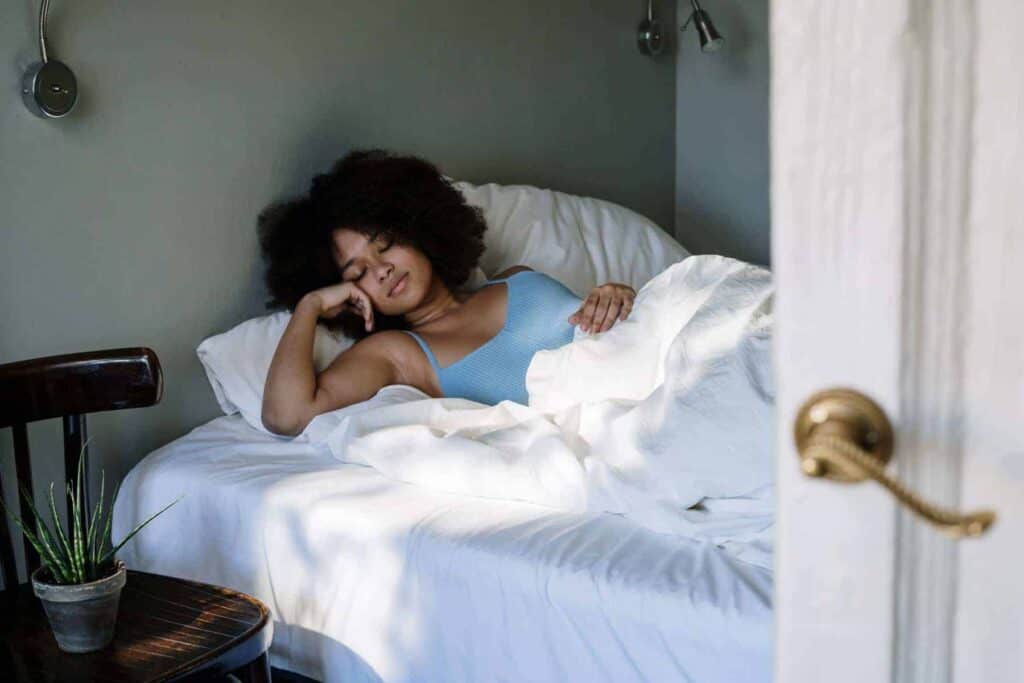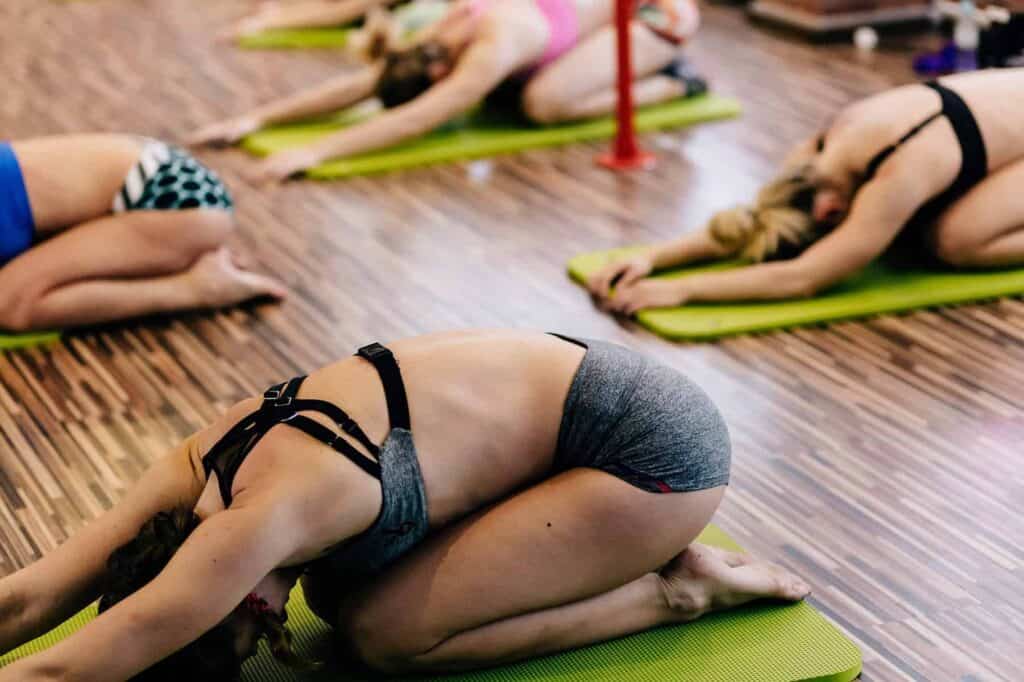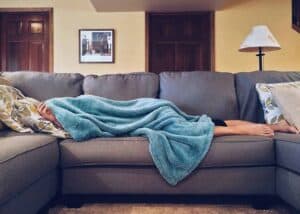
Did you know that the amount of physical exercise that you get during the day is one of the key ingredients to helping you get a good sleep at night?
Yup! The more active your body is during the day, the more likely you are to relax at night and fall asleep faster. According to the 2013 National Sleep Foundation Sleep In America Poll people who say they exercise report better sleep than those who say they don’t exercise. More than three-fourths of exercisers said their sleep quality was very good or fairly good in the past two weeks, compared to just over one-half of non-exercisers.
The More You Move The Better You Sleep
In fact, the more you move, the better you sleep. The poll found that those who sit for fewer than 8 hours a day were significantly more likely to report “very good” sleep quality. Vigorous exercisers are almost twice as likely as non-exercisers to say, “I had a good night’s sleep” every night or almost every night, and they are the least likely to report sleep problems.
So if you aren't moving your buns, it might be time to start! With regular exercise, you'll notice that your quality of sleep is improved and the transition between the cycles and phases of sleep will become smoother and more regular. By keeping up your physical activity during the day, you may find it easier to deal with the stress and worries of everyday life. Exercise is a stress reliever.
Research indicates that there is a direct correlation between how much we exercise and how we feel afterward.
Try and increase your physical activity during the day. The goal is to give your body enough stimulation during the day so that you aren't full of energy at night. However, contrary to long-standing “sleep hygiene” advice, exercising close to bedtime was not associated with poorer sleep quality in the Sleep in America Poll. In fact, exercise was linked to better sleep no matter what time of day.
Regular Exercise Equates to More Restful Sleep
Your body requires a certain amount of physical activity in order to keep functioning in a healthy manner. Try to get in a good 30-minute exercise session at least three or four times a week. Any movement will do, something as simple as walking can get the blood pumping and lymph system moving.
You want to increase your heart rate and strengthen the capacity of your lungs. Adding regular exercise activity to your daily schedule will help you to improve your overall health and help you emotionally as well.
Along with running and walking, there are several other physical activities that you can add to your daily life to increase your level of physical activity. If you are suffering poor quality sleep, you'll find that aerobic exercise might be the most helpful in getting the rest you need.
Here are a couple non-aerobic exercise options that can be quite relaxing as well. You may find these beneficial.
Yoga
Yoga is an exercise that has a stimulatory effect on your nervous system, especially the brain. Yoga utilizes breathing techniques and yoga postures to increase the blood circulation to the brain, promoting regular and restful sleeping patterns. The regular practice of yoga will help you to relax as well as relieve tension and stress.
Tai Chi
Tai Chi is an ancient art of breathing and movement that was developed by Chinese monks. The movements involved are slow and precise, which is ideal if you have joint pain or you are unable to participate in highly aerobic exercise. Research has shown that Tai Chi can help with insomnia by promoting relaxation.
If you discover that you don't have any time to exercise on a regular basis, you should try to sneak moments of activity into your schedule. Whenever possible, take the stairs instead of the elevator or park a little further away from your destination. There are many small things you can add to increase the activity in your life. Your overall goal here is to have an active and well-balanced life - with plenty of sleep. If you're struggling with motivation to exercise, here are some tips.




















Comments
No Comments